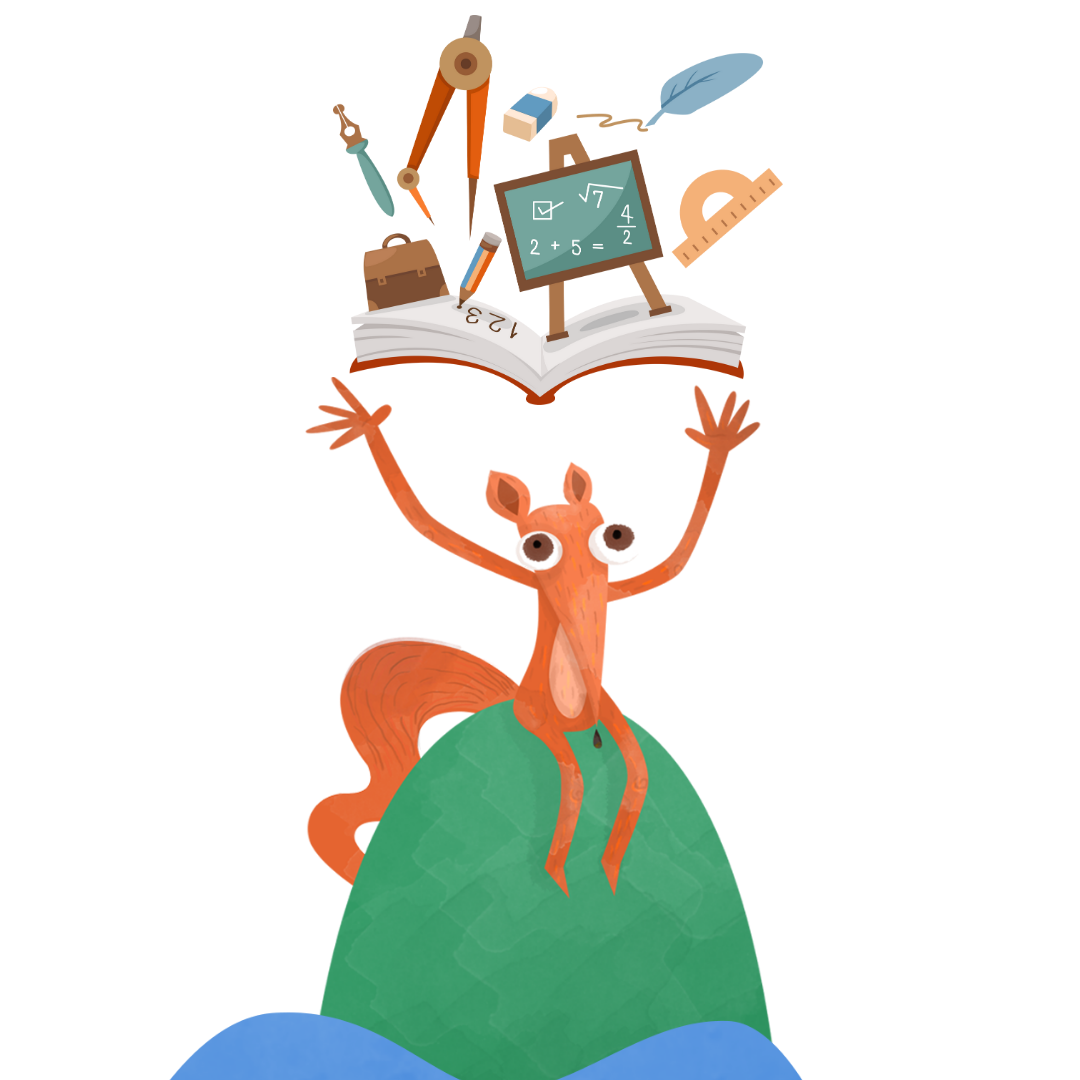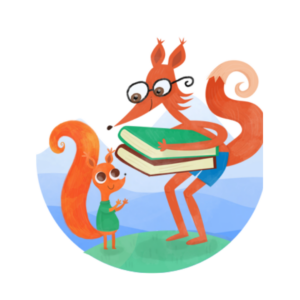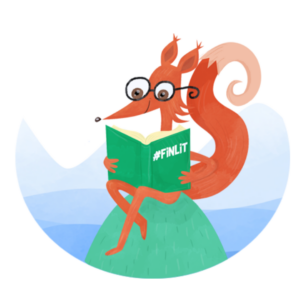
Navigating the world of finance and investment is hard. Thankfully, there’s a treasure trove of resources out there to guide us, and some of the best tools are books. The best books on financial literacy are filled with more than complex jargon and hard-to-follow advice.
Think about it: the choices we make with our money today can shape our futures for years to come. But how do we ensure we’re making the right decisions? How do we save money effectively and plan our investments wisely?
That’s where practical advice from financial experts comes in. Through their insights, we can learn to navigate the choppy waters of personal finance with confidence.
To achieve financial freedom and security, it’s essential to be financially literate. It’s not just about knowing the difference between stocks and bonds or understanding how a mortgage works. It’s about cultivating a mindset that prioritizes smart financial choices in all areas of life. This means understanding how to budget, avoid debt, invest wisely, and set yourself up for a comfortable future.
We’ve compiled a list of some of the most influential texts on financial literacy. These books are packed with strategies, tips, and wisdom that can help anyone become more informed and empowered with their money.
Let’s dive in.
This absolute classic of personal finance literature has been in publication nearly 100 years — and for good reason. Set against the backdrop of ancient Babylon, this captivating book weaves tales of ordinary people and their financial decisions. These stories offer timeless wisdom on wealth-building and financial discipline.
The core of the narrative revolves around Arkad, the titular “richest man.” He shares the simple financial principles he follows to amass his wealth. The book teaches essential lessons such as living below one’s means, investing wisely, and seeking knowledgeable counsel.

This illustrative narrative stands as a cornerstone in personal financial literature. It presents a tale of two contrasting fathers—Poor Dad (Kiyosaki’s) and Rich Dad (his friend’s). The book delves into the differences in their beliefs and approaches toward money, work, and life.
Poor Dad emphasizes traditional education and a stable job. Rich Dad, on the other hand, champions the importance of financial education, investments, and entrepreneurial ventures.
Kiyosaki outlines how these varied perspectives influenced his understanding of assets and liabilities, ultimately shaping his net worth. Instead of relying on a fixed income, he underscores the significance of creating and acquiring assets that generate income.
Moreover, the book sheds light on the intricacies of stock markets, real estate, and other investment avenues. It urges readers to think beyond the conventional rat race.
Rich Dad Poor Dad ultimately emphasizes that a high income doesn’t necessarily equate to wealth. It’s what you do with that income that counts.
In Dave Ramsey’s The Total Money Makeover, readers are given a step-by-step plan to rectify their financial woes. It’s a comprehensive blueprint for transforming one’s monetary situation.
It starts with the basics: creating an emergency fund and paying off debt. It then delves into more advanced topics, ensuring readers are well-equipped to build wealth and secure a stable future. The practical tools and actionable advice discussed are punctuated by success stories of individuals who have turned their financial lives around.
The Total Money Makeover isn’t about quick fixes. It’s a journey to lasting financial health and independence.
In this text, Vicki Robin and Joe Dominguez offer a refreshing perspective on personal finance. Money, they say, isn’t just a tool for acquiring things. It’s the product of the life-energy you spend to earn it.
This view encourages people to evaluate whether their job and the things they spend on truly add value to their lives. Robin and Dominguez lay out a comprehensive financial plan that goes beyond mere budgeting. Their nine-step program emphasizes frugality, reducing debt, and redefining what “enough” truly means in a consumption-driven world.
The ultimate goal? Achieving financial independence and reclaiming one’s life from the clutches of mindless earning and spending.
Thomas J. Stanley and William D. Danko shatter many popular myths surrounding millionaires in The Millionaire Next Door. As it turns out, the majority of wealthy individuals in the U.S. don’t live in upscale neighborhoods or drive flashy cars.
Instead, they live modestly, often below their means, and prioritize saving over conspicuous consumption. The lesson is simple: true wealth isn’t about earning high incomes. It’s about making wise financial decisions and being frugal.
Stanley and Danko discover rich people often share traits and behaviors. They live well below their means, allocate time and money efficiently, and value financial independence over social status.
The authors argue that many people who appear rich might not actually have sustainable wealth. On the other hand, those living unassumingly might have substantial net worth.

J.L. Collins presents a refreshing perspective on wealth accumulation in The Simple Path to Wealth.
He advocates for the virtues of low-cost index funds because they outperform most actively managed funds in the long run. By keeping investment strategies simple and avoiding the pitfalls of complex financial products, one can steadily grow their wealth.
The book also delves into the intricacies of taxes, debt, and retirement, offering readers a comprehensive yet easily digestible financial plan.
John C. Bogle, the founder of Vanguard Group, has a simple message in The Little Book of Common Sense Investing. The simplest investment approach often yields the best results.
Low-cost index funds, he says, are more profitable than trying to beat the market or hiring a fund manager. They’re also less risky.
Bogle proves his point by showcasing the compounding effects of active trading costs over time. He also critiques the mutual fund industry for its frequent disregard for the best interests of the individual investor.
He ultimately encourages readers to adopt a long-term perspective and to prioritize simplicity and frugality in their investment decisions.
Erin Lowry’s Broke Millennial is a practical roadmap for young adults eager to conquer their finances. Lowry delves into the financial challenges that many millennials face. She offers actionable advice tailored to a generation often criticized for its spending habits.
Lowry also understands there’s no one-size-fits-all solution in personal finance. She emphasizes personal financial journeys, highlighting the importance of understanding one’s unique relationship with money.
She also breaks down complex financial topics into digestible tidbits. She covers everything millennials will find practical. From paying off student loans, to budgeting; navigating tricky financial conversations with friends to managing the intricacies of the gig economy.

Ramit Sethi’s I Will Teach You to Be Rich is a candid guide that dismisses the traditional notions of personal finance. It embraces a modern, more holistic approach to wealth. Unlike many financial guides that tout pinching pennies and forgoing lattes, Sethi emphasizes smart spending, automating finances, and investing in oneself.
Over the course of a 6-week program, Sethi takes readers through a transformative journey. It begins with credit cards, tackles student loans, and finally delves into investments and saving for big goals.
Sethi’s ultimate point is one can lead a rich life today while also preparing for a financially secure future.
The book challenges readers to confront their financial behaviors and beliefs. Sethi’s approach to personal finance is both actionable and motivational. While it is tailored primarily for young adults, the strategies and principles discussed are universally applicable.
One of the standout features of I Will Teach You to Be Rich is its directness. Sethi doesn’t shy away from addressing the common excuses people make to avoid making key financial decisions.
By the end, readers are equipped with more than knowledge. They have a plan to create their version of a rich life.
Benjamin Graham’s seminal work has earned its reputation as one of the foundational texts in the world of value investing. Since its original publication in 1949, the book has guided countless investors in the principles of value investing. This method focuses on buying stocks at less than their intrinsic value.
Graham explains that an investment should be approached with the same thoroughness as a business endeavor. He introduces the idea of “Mr. Market,” a fictional character representing the stock market’s manic-depressive nature. Investors, Graham suggests, should capitalize on Mr. Market’s mood swings rather than be ruled by them.
Much of the book is dedicated to teaching readers how to analyze stocks and bonds from a long-term perspective. Doing so requires thinking of stock as a stake in the company, rather than just a ticker symbol.
This text requires a commitment to fully digest. However, the lessons within offer a roadmap for anyone looking to navigate the waters of investing with a calm and informed approach.
Embarking on a journey into the world of financial literacy can be both enlightening and empowering. These ten essential texts offer insights, strategies, and advice tailored to various stages and aspects of one’s financial journey. They provide not just theoretical knowledge, but practical tools to navigate the complex terrains of investing, saving, and financial planning.
As you delve into these reads, it’s important to remember that knowledge, while powerful, is most effective when coupled with action. These books arm you with the knowledge to make informed financial decisions. However, it’s the proactive steps you take afterwards that will truly shape your financial future. Financial planning, then, becomes the bridge between what you’ve learned and its real-world application.
A well-structured financial plan allows you to set tangible goals, chart out strategies to achieve them, and monitor your progress. Whether it’s early retirement, purchasing a dream home, or ensuring a comfortable life for your loved ones, a robust financial plan turns these aspirations into achievable milestones.
As you consume the invaluable information these books offer, consider complementing your newfound knowledge by delving into the realm of financial planning. It’s the natural next step that can unlock the true potential of what you’ve learned, ensuring that you don’t just become financially literate, but also financially astute and proactive. Remember, the journey to financial freedom is not just about understanding money—it’s about making it work for you in the most optimized way.
YOUR FREE FINANCIAL PLAN
Are you ready to invest in your future?
Build your free plan today.
Start now